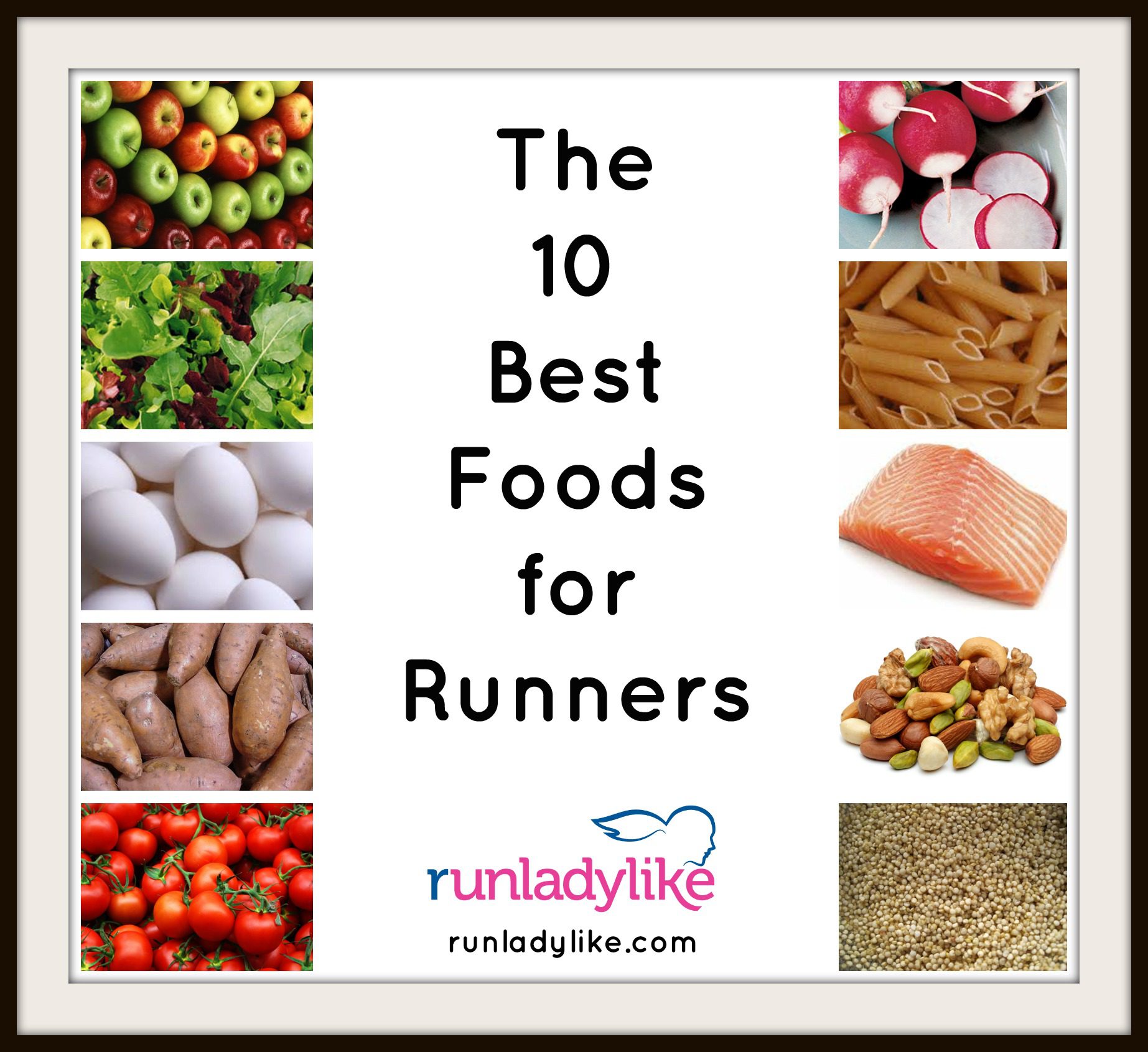Endurance athletes need to consume nutrient-dense food to meet the high demands of their intense training sessions. This article recommends ten of the healthiest foods that endurance athletes should consider incorporating into their diet. These include oatmeal, sweet potatoes, salmon, berries, quinoa, leafy greens, eggs, Greek yogurt, nuts and seeds, and beans. These foods are rich in fiber, protein, vitamins, and minerals and can provide sustained energy, reduce inflammation and soreness, and maintain overall health and wellness. By incorporating these foods into their diet, endurance athletes can achieve optimal performance and improve their overall health and well-being.
The 10 Healthiest Foods for Endurance Athletes
Endurance athletes require nutritious foods to meet the high demands of their intense training sessions. In order to achieve optimal performance and maintain proper bodily functions, endurance athletes need to consume nutrient-dense foods. Here are ten of the healthiest foods that endurance athletes should consider incorporating into their diet:
1. Oatmeal
Oatmeal is a nutritional powerhouse that is packed with fiber, protein, and a variety of vitamins and minerals. It’s an excellent source of carbohydrates that can provide fuel for endurance athletes before a long workout or race. Oats are also rich in beta-glucan, a type of soluble fiber that has been shown to reduce cholesterol, slow digestion, and promote satiety.
2. Sweet Potatoes
Sweet potatoes are a high-carbohydrate food that can provide sustained energy for endurance athletes. They’re also an excellent source of vitamin A, vitamin C, potassium, and fiber. Sweet potatoes are also lower on the glycemic index than many other high-carbohydrate foods, which means they won’t cause a spike in blood sugar levels.
3. Salmon
Salmon is an excellent source of protein, omega-3 fatty acids, and vitamin D. Omega-3 fatty acids are anti-inflammatory and can reduce muscle soreness and inflammation after exercise. Vitamin D is also important for bone health, immune function, and muscle function.
4. Berries
Berries are packed with antioxidants, fiber, and other important nutrients. They’re low in calories and have a low glycemic index, which means they won’t cause a spike in blood sugar levels. Berries are also delicious and can be a great addition to a smoothie or yogurt parfait.
5. Quinoa
Quinoa is a great source of complex carbohydrates, protein, fiber, and a variety of vitamins and minerals. It’s also gluten-free, which makes it a great option for athletes with gluten sensitivities. Quinoa can be used as a base for salads, eaten as a side dish, or added to soups and stews.
6. Leafy Greens
Leafy greens are packed with vitamins, minerals, and fiber. They’re also low in calories and can be a great addition to any meal. Spinach, kale, collard greens, and Swiss chard are all excellent options.
7. Eggs
Eggs are a great source of protein, vitamins, and minerals. They’re also inexpensive and easy to cook. Athletes can consume eggs boiled, scrambled, or as an ingredient in various recipes.
8. Greek Yogurt
Greek yogurt is an excellent source of protein and can provide a quick source of energy before or after a workout. It’s also high in calcium and other important nutrients, which makes it a great option for maintaining bone health.
9. Nuts and Seeds
Nuts and seeds are an excellent source of healthy fats, protein, and fiber. They’re also a great source of vitamins and minerals. Almonds, walnuts, chia seeds, and flaxseeds are all excellent options.
10. Beans
Beans are a great source of complex carbohydrates, fiber, and protein. They’re also low in fat and can be a great addition to a variety of meals. Black beans, chickpeas, lentils, and kidney beans are all excellent options.
Conclusion
Endurance athletes require a diet that is rich in nutritious foods to fuel their intense training sessions. The ten foods listed above are excellent options that can provide sustained energy, reduce inflammation and soreness, and maintain overall health and wellness. By incorporating these foods into their diet, endurance athletes can achieve optimal performance and improve their overall health and well-being.
